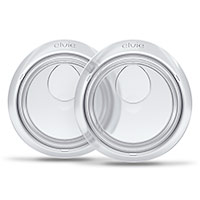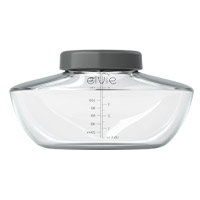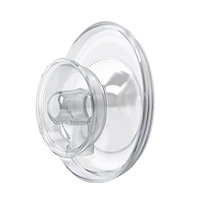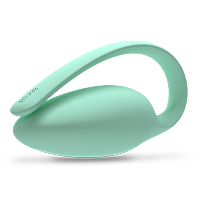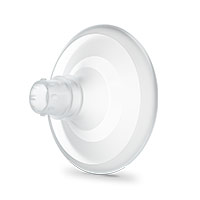Menopause doesn’t have to mark the end of your sex life, but it does invite you to explore your sexual pleasure as if for the first time. The average age when onset of menopause occurs is 51, while perimenopause begins around four years earlier with irregular periods, lower sex drive and increased vaginal dryness.
As the vaginal elasticity and lubrication enjoyed during pre-menopausal years change, you’ll experience arousal and intimacy differently. Yet if you know how to work with these changes, your sex life can change too—and it could even change for the better.
Menopause and Your Vagina
As the number of ovarian follicles declines and the ovaries release fewer eggs, the luteinizing and follicle-stimulating hormones that maintain the menstrual cycle can no longer regulate estrogen levels. These follicles are also responsible for taking in cholesterol and turning it into testosterone, the key sex hormone that drives your libido.
Testosterone is actually needed to produce estrogen, which keeps the vaginal lining stretchy and supple. Therefore, as one hormone declines, so does the other. The thinner the vaginal lining becomes, the greater the risk of tearing and bleeding during intercourse. What’s more, reduced levels of estrogen lower vaginal pH, rendering the vagina less acidic and weakening the barrier against infection.
This all sounds like terrible news for your sex life, but the solution is actually more sex. Regular sexual activity actually keeps the vaginal tissues thick and moist, helping them to maintain length and width—which also keeps intercourse enjoyable too.
If intercourse is too painful at first, lube will protect your vagina, but an even better way to care for the vaginal walls is through a Kegels or Pilates programme supported by Elvie Trainer. Strengthening the pelvic floor muscles can help to reintroduce some elasticity and sensation to the vagina, as well as reducing other menopause symptoms like incontinence.
Menopause and Your Libido
Menopause does impact your libido due to the hormonal changes taking place in your body, but it’s important to remember that the female libido is constantly fluctuating in response to all kinds of psychological and physiological factors no matter your age. Anything from poor nutrition to workplace worries can take its toll on your ability to become aroused.
Stress in particular could exacerbate your symptoms since it stimulates the production of cortisol, which further reduces the production of testosterone. While testosterone therapy is available, you could also take an inventory of your lifestyle habits to identify the stressors that need eliminating. Beyond stress, it’s also common to feel depression, anxiety and fatigue during menopause. Exploring creative activities that light you up beyond sex, however, can help you to experience pleasure in other areas of your life.
In particular, physical activities like dancing can help to reacquaint you with your changing body. Cultivating and increasing your self-care practices, from Pilates to massage, will also support the mind-body connection, and remind you that the most important relationship to consider right now is the one you have with yourself.
Menopause and Your Partner
Menopause gives you the chance to reassess the way you think about intimacy. Sex doesn’t have to be instant or spontaneous, and at no point should you feel obliged to have sex with a long-term partner. If loss of libido triggers feelings of guilt then counselling or therapy can help you to rethink what constitutes good sex, which is about much more than intercourse.
Spend more time on foreplay that stimulates all the senses and take your time with it. You can go as slow as you need, but the most important thing is that you start. Kissing and cuddling may be enough at first, especially if the vagina is off limits due to dryness and pain. If any physical contact is too much, practice being truly present with your partner instead. Cook dinner together, turn your phones off and look into each other’s eyes as you talk.
It’s also good to know that you need not rely on clitoral stimulation alone to become aroused. You have erogenous zones all over your body that warrant stroking and kissing. The breasts, the lips, the nape of the neck, the inner thighs, the ear lobes, and even the bottoms of the feet are all pressure points that can trigger arousal. Yet the biggest erogenous zone of them all is your brain, which is why good sex normally begins with good communication.
That said, talking openly to someone other than your partner or therapist can be essential. Menopause has long been a taboo topic, but support groups like Menopause Café are now changing this. Reaching out to women experiencing the same as you and connecting with a community can provide a forum to share insights and stories that re-inspire confidence—sexual or otherwise.






